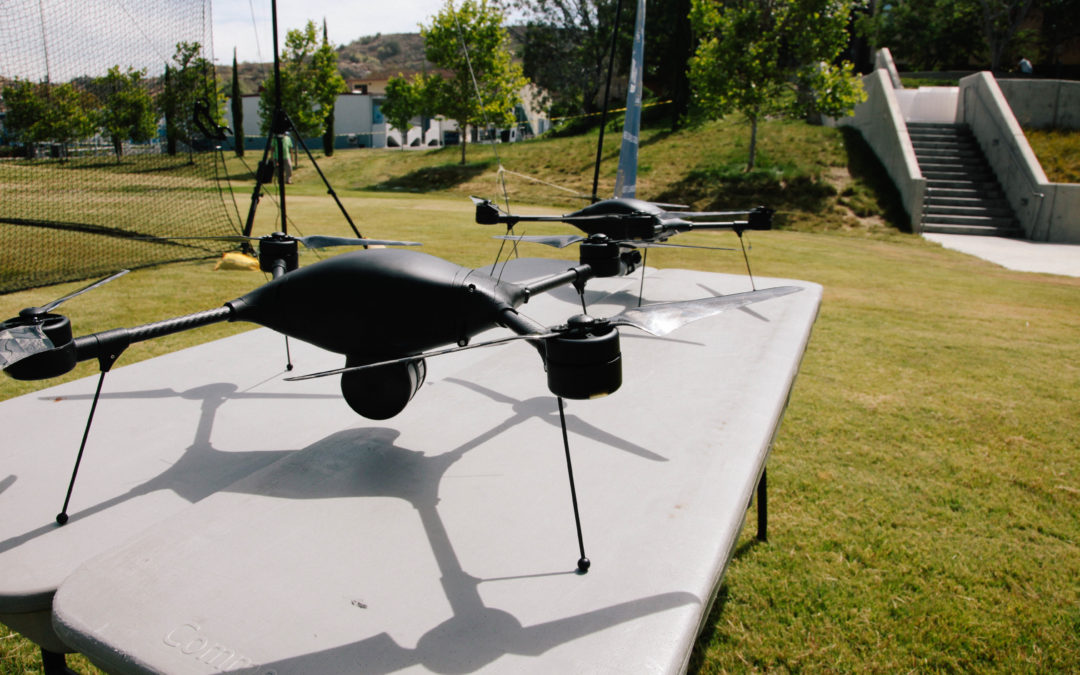While the FAA’s initial ban on the commercial use of drones previously limited the technology to military and government operations, and those who classified themselves as “hobbyists,” many people have realized the benefit of unmanned aerial vehicles (UAVs). For years, people such as realtors and photographers have used the hobbyist title to fly under the radar and capture aerial footage of properties or unique photographs that were otherwise inaccessible.
In February 2015, the FAA released rules that now allow for small commercial drones to fly, but for the time being, larger-scale operations such as Amazon delivery drones are grounded. However, this is an emerging industry, and this will likely change as the FAA establishes future rules regulating drones. It’s very possible that someday, drones will help to facilitate commerce just like cars and delivery trucks.
Unmanned aircraft systems have already revolutionized many government operations. For example, the U.S. Customs and Border Protection agency has experimented with several models of UAVs to survey the U.S. border with Mexico. “In more than six months of service, the Predator’s surveillance aided in nearly 3900 arrests and the seizure of four tons of marijuana, border officials say.”
There is so much potential for drones in the future; from farming to filmmaking to journalism and more, there is an increasing demand for graduates who know how to build and operate drones.
According to a 2013 report from the Association for Unmanned Vehicle Systems International, “FAA approval of commercial drones could lead to the creation of 70,000 new U.S. jobs within the next three years, and 100,000 new U.S. jobs by the year 2025.”
In an effort to equip students with the knowledge and skills needed to have a successful career building, operating, and flying drones, we recently launched the Aerodrome, Base 11’s “teaching airport,” which consists of an educational network of pilots, UAS designers, maintenance and repair technicians, innovators, academic and business partners, and students from the high school to graduate school level.
Aerodrome provides access to top-notch aerospace designing and manufacturing opportunities as it exposes the workforce and entrepreneurs of tomorrow with the opportunity to build, fly, design, maintain, and repair unmanned aircraft systems that will change the future of the aviation industry.
Ready to take your career to new heights? Click to learn more about the Aerodrome Program.

